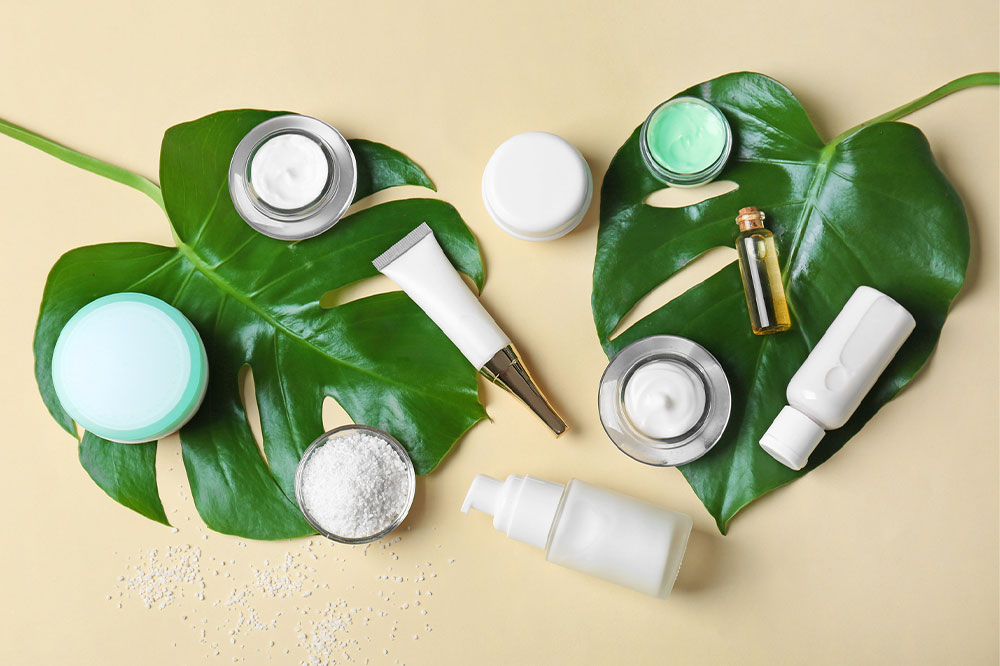
Personal care products – Types, categorizations, and more
Personal care is a broad category of services designed to assist people with their hygiene goals and grooming requirements. Society requires its members to abide by certain social and physical norms, which can be met through personal care services. Essentially, cosmetics and personal care items, which include anything from antiperspirants, perfumes, makeup, and shampoo to soap, sunscreen, and toothpaste, are important to our well-being at all ages and allow for mental, physical, and emotional health.
Factors affecting the value of personal care products
Buyers are typically ready to pay good money on average for the wellness and personal care products they like and want. The following are the factors affecting the willingness of the consumer to pay for personal care products:
Value of the product
When the believed worth of a product exceeds its price, buyers have the desire to buy it.
Packaging and presentation
The perception of a brand is impacted by packaging, which has a favorable effect on customers’ intentions to buy. Customers are drawn to products based on their color, branding, and design.
Cost
The cost of the personal care product serves a significant role in buying a product and influences users’ happiness levels.
Assistance with in-store sales when buying products
Good service is essential to attract loyal customers.
Brand loyalty is one of the leading factors influencing the performance of a personal care product in the market. Companies that provide personal care products must excel at customer service and launch products and ranges, keeping consumer demand in mind.
Different categories of personal care
Seven major groups can be used to categorize aesthetics as well as different types of personal care products:
Dental hygiene
The mouth, teeth, and gums all fall under dental or oral care. The goal is to maintain general oral health while avoiding issues like inflammation of the gums and tooth decay.
Skincare
Any skincare regimen should optimize your skin’s behavior and repair or focus on any areas of concern. An effective skincare regimen can aid in regenerating skin cells, nourishing them, and staving off the effects of stress and pollution.
UV care
Over ninety percent of the obvious indicators of aging, including lines and wrinkles, discoloration of the skin, imperfections, and so on, are caused by UV radiation. Hence, sunscreen use and protection from the sun are essential for avoiding skin cancer and early aging of the skin.
Body care
Body care is any activity that aims to care for your body’s skin and hair. Body care covers a wide range of practices, including nail care and procedures for washing and exfoliating. Body care is vital for maintaining overall health, hygiene, and hydration.
Aesthetic cosmetics
This category of personal care products includes mascaras, lipsticks, foundations, blushes, and more to improve or enhance one’s appearance.
Physical care
Basic nutrition, water intake, and regular exercise are part of physical self-care.
Scents
Scents such as perfumes and scented oils used to give a pleasant smell to one’s body also comprise personal care.
How to select the best products for you?
When practicing self-care, pick high-quality, reputed, and health-promoting personal care products to get the best results. You may make the most beneficial decisions by staying knowledgeable on personal care product norms, ingredients, allergens, and independent approvals.
Here are a few factors that you should consider before purchasing to select the best personal care products for yourself:
Qualitative factors
Considerations for evaluating the effectiveness of personal care goods include the potential allergies, the reliability of the ingredients, and external certifications. Ultimately, your concept of quality will be based on the elements essential to your particular tastes and wellness goals.
Review all ingredient labeling
Substances in personal care products must be listed in decreasing order of concentrations. Seed oil and plant-based extracts are frequently identified by their common and scientific name. At the same time, organic substances are typically denoted in the component list by the symbol of an asterisk.
Recognize hazardous compounds and additives
Check the product’s ingredient list for potentially dangerous components. Colorants such as FD&C Blue No. 1, phthalates, and parabens should be avoided.
Take care of the practice of green advertising techniques
Some companies may make false claims about their good’s beneficial effects on consumers and the planet or use deceptive terminology like all-natural, eco-friendly, and sustainable.
For products of the highest quality, turn to reliable, specialized shops
Health food shops and specialized internet sellers are good choices for personal care products because they frequently offer high-quality standards. Numerous well-known firms are expanding their range of toxin-free products in response to rising consumer interest.
The demand for healthier and more environmentally-friendly personal care products is growing, as is the consumers’ awareness of their health and well-being. Consequently, as consumers increasingly seek natural and organic products, the personal care market in the country is anticipated to expand. To increase market share, businesses must develop effective products and marketing plans and provide their consumers with discounts and the best deals on personal care products.



